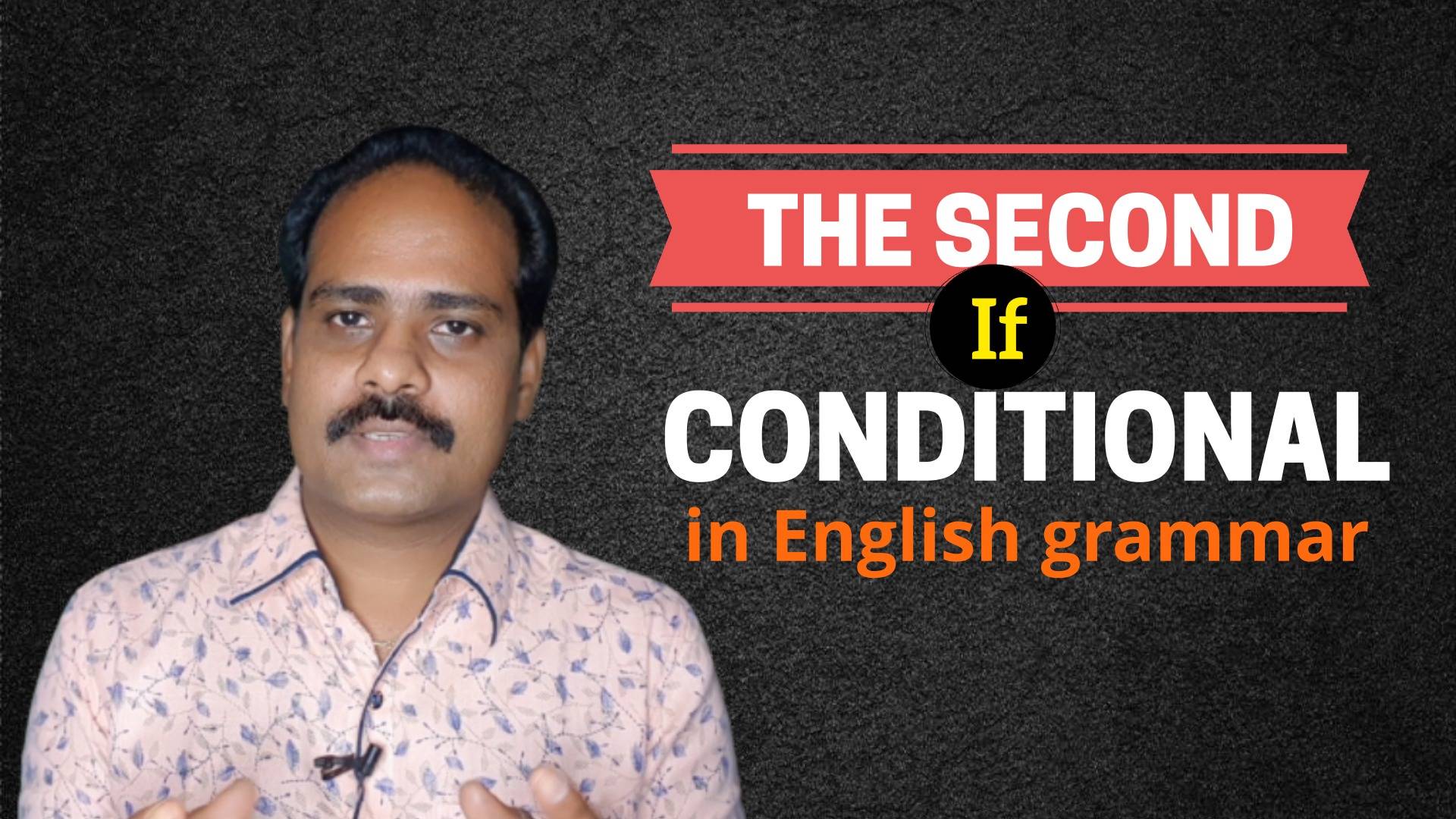The Second Conditional is also called ‘an unreal conditional’. It is because it expresses a condition that does not exist and so the desired result will not happen. To put it simply, the chances are far fewer when compared to the First Conditional.
The basic structure of this Conditional is…
If …. + Past… + would
Here are a few examples:
If I had a lot of money, I would buy a sports car.
It means, I do not have a lot of money. So, I can’t buy a car.
I am just imagining a situation where I have a lot of money.
Though the structure is in the past, it talks about the present
situation.
The previous sentence can be said in this way too.
If I were rich, I would buy a sports car.
In informal English and in friendly situations, we use, ‘was’ instead of ‘were’.
Let’s look at another example:
If I knew her number, I would give you.
It means, I don’t her number. So, I can’t give you.
The second conditional can also express a situation which is
possible only in theory, I mean ‘imagination’ but not likely to
happen.
Examples:
If the third World War broke out, it would be the end of the
world.
The third World War is just a theoretical possibility but it is
not likely to happen.
Exercise:
- I don’t know how to use a computer. I cannot get a job easily.
If I knew how to use a computer, I could/would get a job easily.
- She doesn’t do her homework. So, she can’t get good marks.
If she did her homework, she could/would get good marks.
